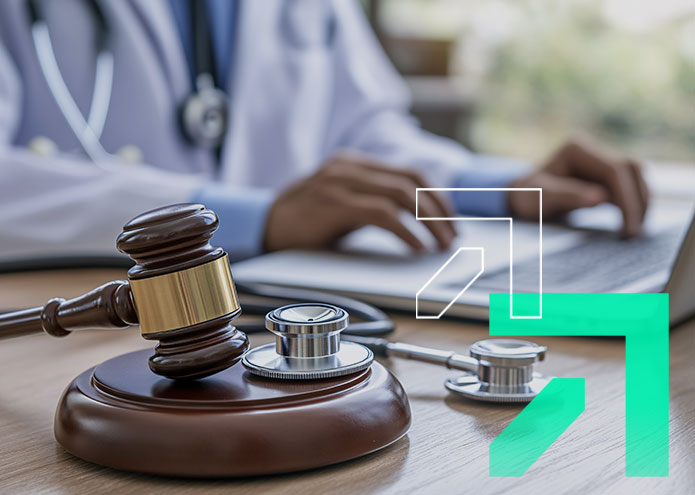Integrating Medicaid & Referral Data: Holistic Insights Driving Improved Outcomes

By:
Mina Nemirow, Senior Director, Product Development, Gainwell Technologies
Kim Butler, Analytics Lead and EDW Product Manager, Gainwell Technologies
Chris Dunkin, Director, Government Markets, Findhelp
The need for state Medicaid agencies to assess and address the gaps in Health-Related Social Needs (HRSN)/Social Determinants of Health (SDoH) is growing. The Centers for Medicare & Medicaid Services has expanded the scope of Section 1115 waivers, which offer new opportunities to design, research, and pilot programs to measurably improve the health of Medicaid enrollees. In some cases, the federal government is requiring states to track and report on HRSN data as part of Medicaid waiver approvals.
Beyond federal mandates, state Medicaid agencies have an unprecedented opportunity to measure the effectiveness of their programs. However, many lack integrated data from HRSN initiatives and are not leveraging analytics to identify which unmet needs are related to members’ health outcomes, in what ways, and at what cost. GainwellGenius Analytics, in conjunction with Findhelp, can identify and address unmet social needs that drive chronic conditions.
Unmet needs can lead to gaps in coverage and access to care, increased downstream medical costs, poorer health outcomes, and the continuation of health disparities. This is especially true for children and adults at high risk for adverse health outcomes, and individuals in historically underserved communities. Closing these gaps can lead to better care coordination, simpler administrative processes, and more precise program targeting and reporting.
Gaining New Levels of Visibility through Data
Historically, Medicaid Management Information Systems (MMIS) have not housed data on social needs assessments and closed-loop HRSN referrals. Integrating this information through claims and encounters data via ICD-10 “Z codes” unlocks the potential to identify which social support programs are having a positive impact on target Medicaid populations and which are affecting health-related costs.
Such visibility enables accountability and collaboration across the spectrum of health and social care, from service delivery to reimbursement.
Acting on Impactful Insights
Robust data and analytics toolsets enable state Medicaid agencies to measure the progress of initiatives and make data-driven decisions about where to focus their efforts.
Gainwell, the leading provider of MMIS and Medicaid Enterprise System (MES) solutions, is teaming with Findhelp, the top-rated social care referral and tracking platform, to provide agencies with the ability to measure the impact of HRSN programs and interventions, as well as the performance of health plans and providers to improve the quality of life and experience of Medicaid members.
Gainwell and Findhelp are collaborating to address states’ need to measure the effectiveness and outcomes of implementing 1115 waivers and closed loop referral systems. By utilizing the HRSN assessment, referral and tracking data from Findhelp, combined with claims/encounters data from Gainwell systems, provides insight into which social support programs are impacting health-related costs and which upstream programs are positively impacting target Medicaid populations.
Further, the system tracks performance of health plans and providers in conducting social needs assessments and connecting members to HRSN programs — holding these entities accountable for ensuring members receive the social support services they need.
Through this innovative approach, Medicaid agencies can improve care coordination, streamline administrative processes, and provide better program targeting and reporting. Additionally, near real-time data will reveal HRSN gaps, allowing states to decipher which HRSN social programs have measurably impacted member health status. The result: A more informed, efficient, and comprehensive approach to member care.
Recent Insights
Let’s shape the future of healthcare together.
Start the conversation today.





